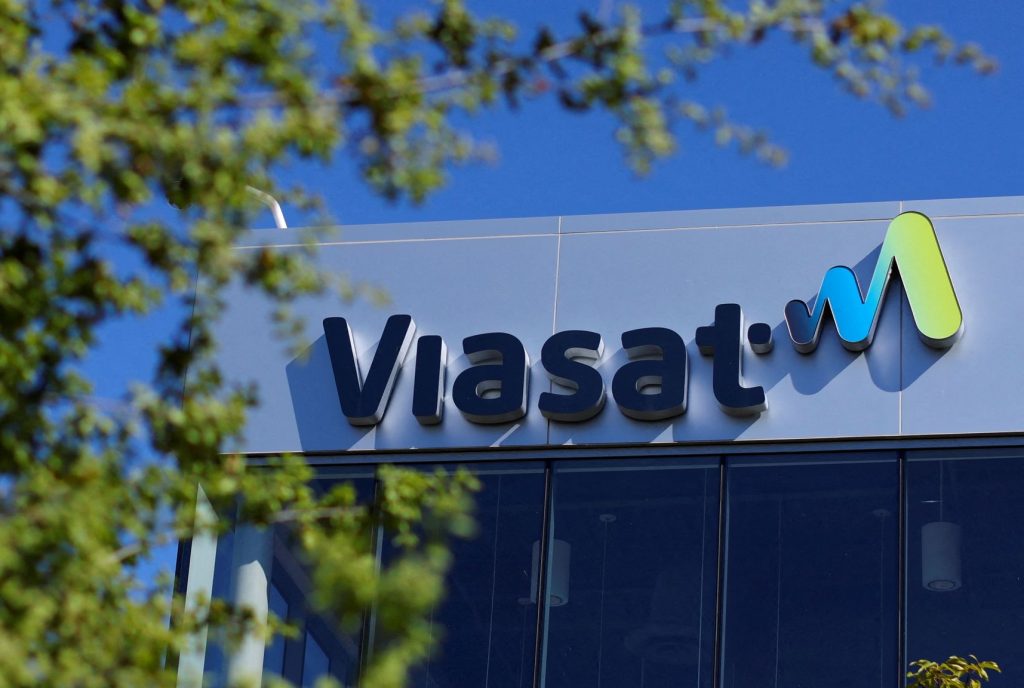Viasat, Inmarsat reassure CMA
October 14, 2022
By Chris Forrester

Viasat is seeking to merge with Inmarsat. However, the proposed deal has fallen foul of the UK’s Competition and Markets Authority (CMA) which is examining the transaction and has expressed concerns. The CMA has confirmed it will raise its investigation to a Phase 2 level.
A statement from Viasat and Inmarsat says that the pair want to demonstrate to the CMA how the planned combination of the companies will benefit customers by improving efficiencies, lowering costs, and increasing the availability of in-flight connectivity (IFC) around the world.
The Viasat/Inmarsat statement says: “The CMA announced today it will refer the transaction to a Phase 2 investigation. Viasat and Inmarsat remain confident that the transaction will increase the availability of more affordable, faster, and more reliable IFC globally to operators, airlines, and passengers. While the market is still nascent, existing providers Panasonic and Intelsat combined represent more than 75 percent of the long-haul IFC market.”
“In-Flight Communications (IFC) is an attractive market which is also attracting new providers such as Starlink, Eutelsat/OneWeb and Telesat. According to multiple reports, over the last three years these new market entrants have raised over $20 billion in new capital illustrating both the attractiveness of the markets and the intensity of competition,” adds the statement.
Mark Dankberg, Viasat’s CEO and executive chairman, said: “Our market success to date has been driven by applying innovative technologies to increase IFC speeds, reliability, and affordability. Our investments in the ViaSat-3 constellation and the Inmarsat transaction are intended to help us make these services more available globally. Industry analysts anticipate that an already highly competitive IFC market will become even more competitive with the entrance of new, heavily financed LEO competitors. We believe that a comprehensive Phase 2 analysis will support that our transaction will benefit the nascent, but rapidly growing IFC services available to airline passengers.”
“Inmarsat faces intense competition every day in providing in-flight connectivity,” added Rajeev Suri, Inmarsat CEO. “There is good reason to expect that intensity to increase given the power of well-funded new companies entering the sector. In the face of these changing market dynamics, the UK has much to gain by the presence of a strong satellite communications company, positioned to strengthen the country’s position in the critical space sector, while supporting its national defence and growing jobs and investment. The combined Inmarsat and Viasat would be such a company.”
